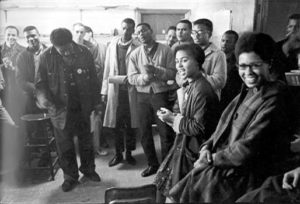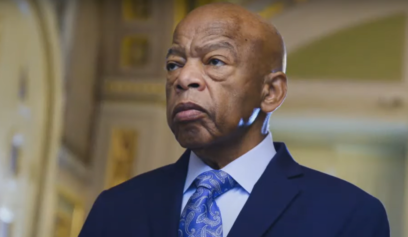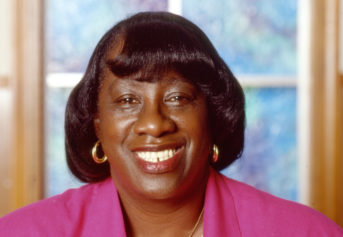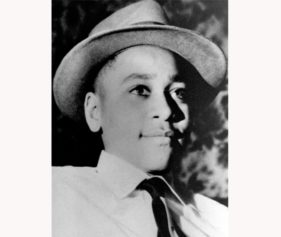
Members of the Student Nonviolent Coordinating Committee in the 1960s. Image courtesy of KwanzaaGuide.com
Acknowledging links between the intergenerational fight for civil rights and racial justice, former members of the Student Nonviolent Coordinating Committee have come out to voice their support of the Black Lives Matter movement.
According to Vox, 67 former members of the civil rights group penned a letter of endorsement to the modern-day movement, recognizing the ties that bind their kindred struggles for racial and social justice.
“With their protests and demands, the Movement for Black lives is continuing to exercise their rights, guaranteed to all Americans under the First Amendment of the United States Constitution,” the letter read. “We, the still-active radicals who were SNCC, salute today’s Movement for Black lives for taking hold of the torch to continue to light this flame of truth for a knowingly forgetful world!”
“So, as Willie ‘The Lion’ Smith, Ma Rainey, and Bessie Smith used to say when they yielded the stage to the then-younger Muddy Waters, Lionel Hampton, Billie Holiday, and Louie Armstrong…we of yesterday’s SNCC say to today’s #BlackLivesMatter, ‘Y’all take it from here!’ ” it continued.
The SNCC was catalyzed by activist Ella Baker in 1960 and staffed by hundreds of other African-American organizers and volunteers who worked to mobilize and engage young Black activists during the turbulent Jim Crow Era, according to BlackLivesMatter.com. The organization was known for hosting everything from voter registration drives to Freedom Rides.
The 1960s-era Civil Rights Movement and modern-day Movement for Black lives share many parallels in their efforts to end racial disparities in employment, discriminatory voter laws, poverty and the ever-widening racial wealth gap, among other things. But they also received the same skepticism and critiques from the American public who was unsure of their platforms, what they were trying to accomplish and how.
For example, a 1964 survey by the American National Election Studies revealed that 57 percent of Americans felt that most of Black people’s actions during the Civil Rights Movement were violent. When posed with the question “Do you think that Civil Rights leaders are trying to push too fast?,” 976 respondents said yes, while another 389 felt the movement was going at “about the right speed.” Fifty-eight percent of Americans surveyed said they believed the movement was hurting the cause for African-Americans, rather than helping it.
Public sentiments about the Black Lives Matter movement aren’t much different. According to a 2016 Pew Research survey, only 4 in 10 Americans support Black Lives Matter; 65 percent of African-Americans expressed strong support of the movement compared to 40 percent of whites, Atlanta Black Star reports. The numbers become even more telling when examined along racial lines. Per ABS, a poll from Monmouth University found that half of Black voters felt the modern movement made little to no impact on the nation’s race relations; another 21 percent believed Black Lives Matter actually made things worse. The movement has also been criticized for its strategies in fighting police brutality and other social justice issues.
Along with the skepticism, members of both groups have faced several forms of intimidation, like the FBI letter sent to Martin Luther King Jr., trying to convince him to kill himself, and the government surveillance of author James Baldwin.
In June, Black Lives Matter of Pasadena activist Jasmine Richards was convicted of “felony lynching” — a law originally created to prevent angry white mobs from removing Black defendants from police custody and publicly hanging them. She was the first African-American ever convicted of the “crime” and sentenced to 90 days in jail.
Another Black Lives Matter activist, DeRay Mckesson, was arrested in early July during a peaceful protest in Baton Rouge demanding justice for slain father of five Alton Sterling.
Despite public criticism and doubt, the former SNCC delegates have faith in the new generation of young, Black activists; and Black Lives Matter seems prepared to continue carrying the torch for Black liberation.
“The Black Lives Matter Global Network is honored to have SNCC’s support,” said BLM co-founder Patrisse Khan-Cullors. “Our leaders and organizers pull from the SNCC playbook often, tethering our intergenerational struggles for Black liberation and justice just as our ancestors did before us. We could not do this work without their sacrifice.”


